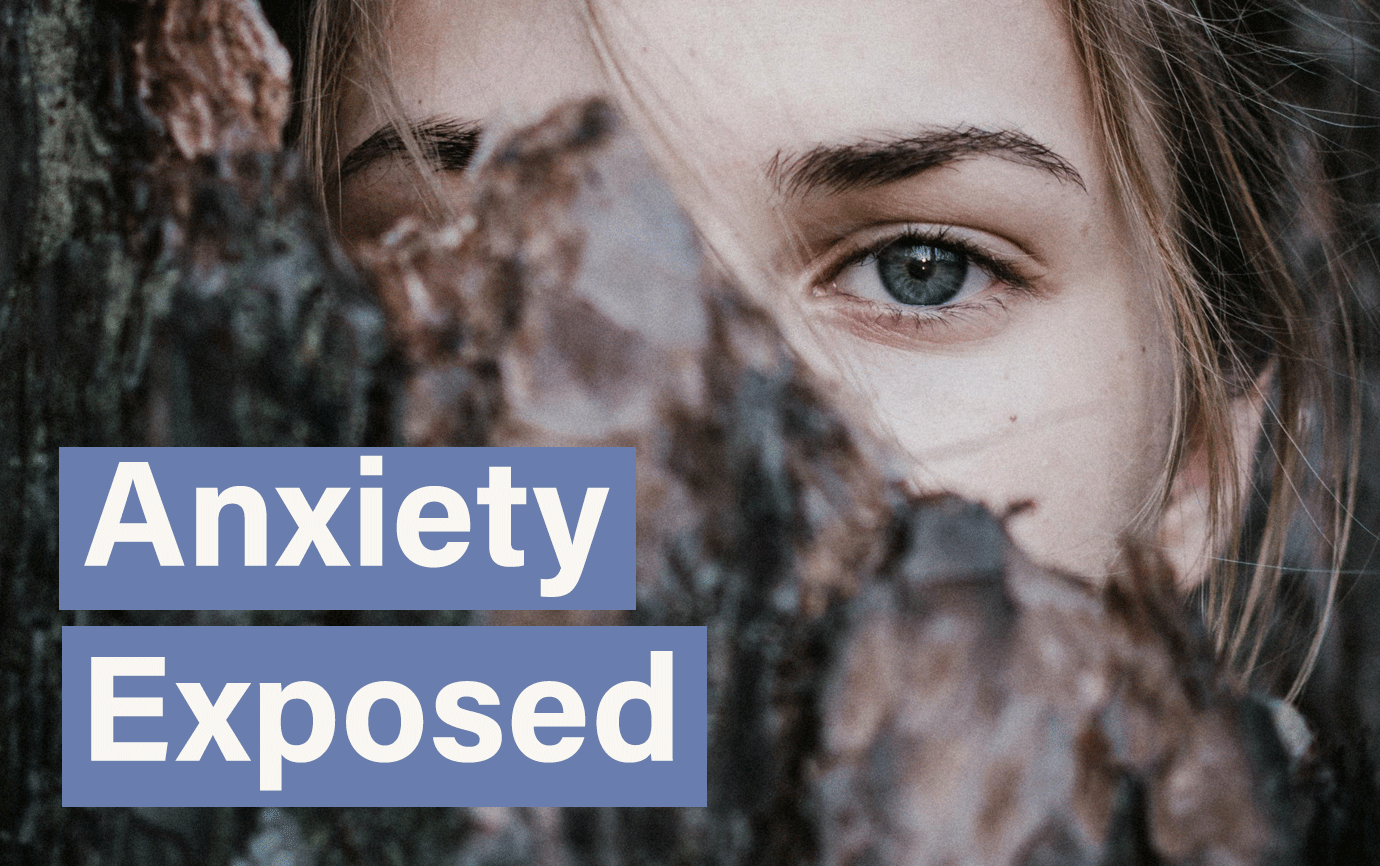I thought this would be the happiest time of my life. I have been waiting for this. I have been planning for this. But why do I feel so bad? Maybe I am not meant to be a mom. Maybe this was a mistake.
No one expects to become pregnant or have a new baby and experience feelings of sadness, anger, anxiety, guilt or depression. That just isn’t fair.
But this is the reality for 7 out of 10 women. And sadly, with the pressure to portray the image of being the happy pregnant woman or mother, women suffer in silence. They are afraid of being judged, they are afraid they made a mistake and ultimately, they are afraid they won’t feel well again.
If you have never been pregnant or had a baby before, it can be difficult to know if what you are feeling is normal. Isn’t everyone tired after having a baby? It must be normal to worry as a new mom. And while those statements are true, the symptoms of pregnancy and postpartum depression are different. They are more intense and you feel those most, or all of the time. So much so, that you may seldom feel happy.
Signs you may be experiencing pregnancy or postpartum depression:
- Frequent crying
- Mood swings
- Irritability
- Extreme fatigue
- Feeling OVERWHELMED
- Sleep problems
- Loss of sexual interest
- Anxiety
- Appetite changes
- Negative scary thoughts
- Feelings of inadequacy, hopelessness and despair
- Feelings of anger, shame and guilt
- Thoughts of suicide
There are some important things you need to know if you think you could be experiencing pregnancy or postpartum depression:
- You are not alone – many women feel just like you do
- This is not your fault – you did not do anything to make this happens and this does not say anything about who you are as a woman or a mother
- With help you will be well – we know what you are going through and we know exactly what to do to help you feel better
How We Treat Postpartum Depression
We know how hard it is to feel so bad when you thought you would be so happy. We know you feel robbed and we understand that this is not fair. You deserve to be happy and to enjoy your pregnancy or baby.
When we work with pregnant or postpartum women, we quickly determine what you are experiencing so we can develop a treatment plan designed to get you feeling better as quickly as possible.
Let us help you start to enjoy this time the way you imagined it would be. Call today.
More about Pregnancy & Postpartum Disorders & Treatment
Postpartum Depression is the “umbrella term” used to identify 7 distinct mood disorders related to pregnancy and postpartum. Identifying what a woman is experiencing will influence the treatment plan we will develop. The immediate goal is symptom reduction and then we begin to work on recovery.
The 7 Pregnancy & Postpartum Mood Disorders include:
- Postpartum Depression
- Postpartum Anxiety
- Postpartum OCD (Obsessive Compulsive Disorder)
- Postpartum Posttraumatic Stress Disorder
- Postpartum Panic
- Postpartum Bipolar Disorder
- Postpartum Psychosis
Postpartum Depression
Symptoms of postpartum depression can be difficult to distinguish from “normal” postpartum because most new mothers are tired, overwhelmed and anxious. The determining factor is how much distress the feelings cause you and how much they interfere with your ability to function during the day.
Postpartum depression can range from mild to severe, and they all require treatment to avoid impacts on you and your family. If something doesn’t feel right, it probably isn’t. Reaching out will help you understand what you are feeling and how to move forward.
Postpartum Anxiety
Postpartum anxiety is characterized by excessive worry – ALL OF THE TIME. This type of anxiety leaves you feeling tense and irritable. You can have physical symptoms including racing heart, pressure in your chest and physical exhaustion. You are also likely to experience disturbances to your thought processes where you are consumed by constant worry, question your decisions, and perhaps have scary thoughts about harm coming to your loved ones.
This type of anxiety often interferes with your ability to sleep and eat. And you cannot feel well or happy when you have this type of anxiety.
Postpartum OCD (Obsessive Compulsive Disorder)
Postpartum OCD is often scary for women. It involves having obsessive, intrusive thoughts or images – often about you hurting your baby. This is distressing to women and they often feel afraid to tell others fearing their baby will be taken away from them. The distress you feel about these thoughts tells us that they are anxiety-driven and this is a symptom that is very treatable and you are not at risk of harming your baby.
Postpartum Posttraumatic Stress Disorder
Postpartum PTSD is like other types of PTSD except it is specifically related to childbirth. Some examples include; birth trauma related to medical complications or injury, infant loss or NICU experience or any unexpected outcomes. Symptoms include nightmares, flashbacks, anger, intense anxiety, feeling numb, sleep difficulties and avoidance of things or places that remind you of the traumatic event. It usually does not get better on its own and support is needed to help you process the trauma to reduce the distressing symptoms.
Postpartum Panic
You cannot breathe. Your heart is racing. You feel weak and terrified. And you often feel afraid you are having a heart attack. Postpartum panic is when anxiety manifests as distinct periods of intense fear – that are completely distressing. You then fear having another panic attack and you may take steps to avoid that by limiting where you will go and what you will do. Panic then starts to control your life. But there are steps you can take to put you back in control so you can manage your panic.
Postpartum Bipolar Disorder
Bipolar disorder after having a baby is characterized by periods of extreme high (mania) and lows (depression). An extreme high could look like having an unusually high amount of energy, little need to sleep, making big plans that seem out of character; followed by a cycle of low energy and negative thoughts and feelings of despair.
If you have a history or family history of bipolar disorder you are at an increased risk of experiencing an episode during pregnancy or after your baby is born. You are also at increased risk of postpartum psychosis – so please inform your health care provider so you can be carefully monitored.
Postpartum Psychosis
Postpartum psychosis is the least common, but most serious postpartum mood disorder. The presence of symptoms necessitates immediate and aggressive medical intervention– and this may require hospitalization. But it is necessary to ensure the safety of mom and baby.
The symptoms include seeing or hearing things that others do not see or hear, rapid speech and thoughts, paranoia, agitation, difficulty expressing yourself and having “bizarre” thoughts.
You don’t have to go through this alone. Reach out to us today!










